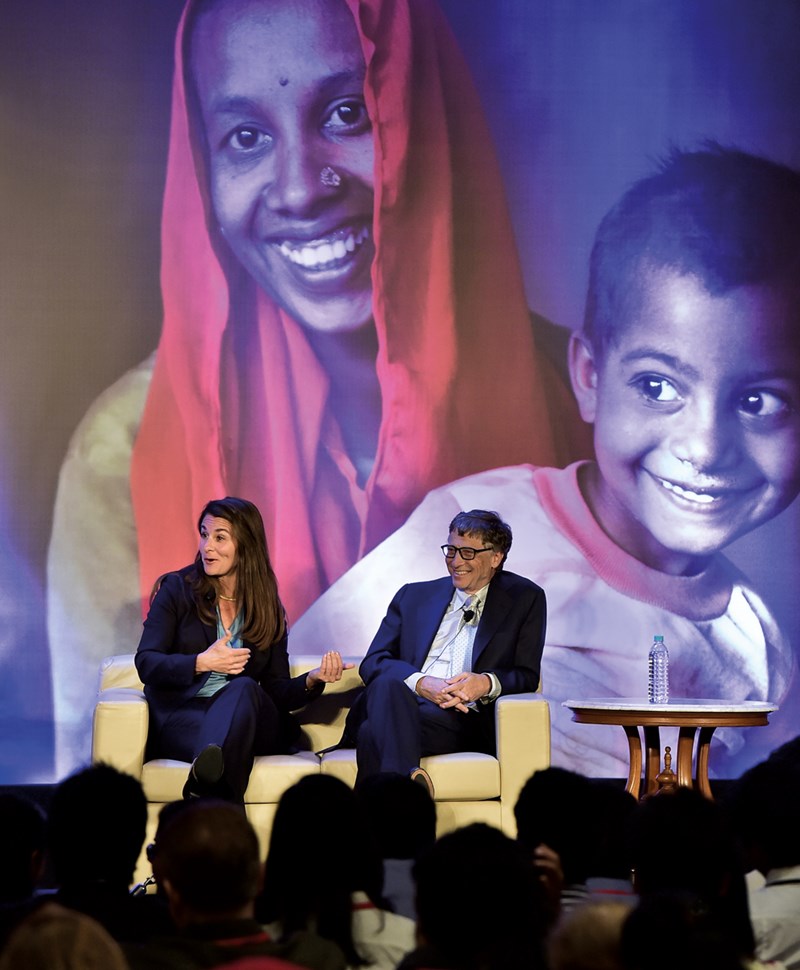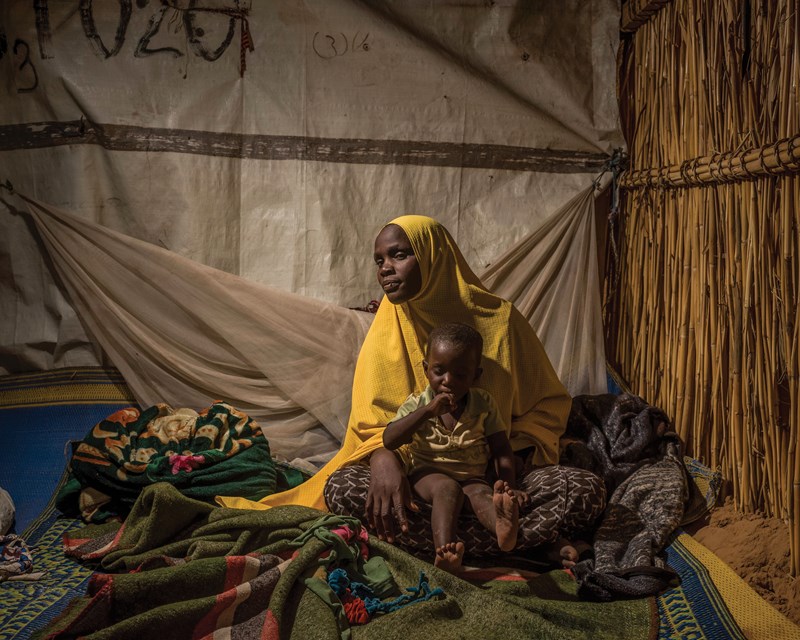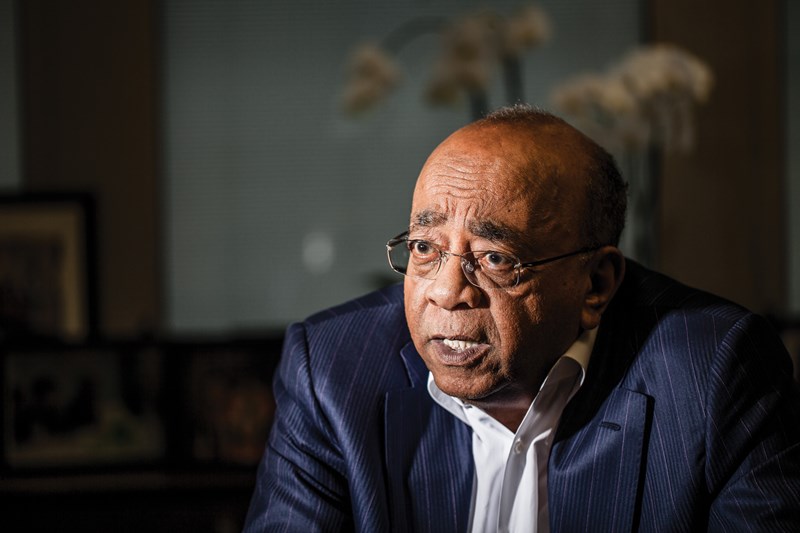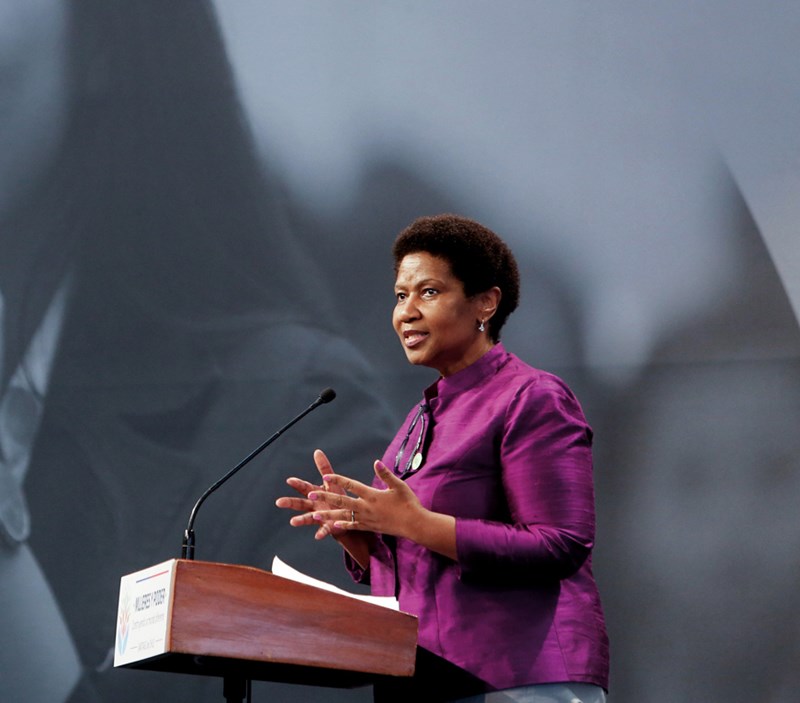On a warm April morning in Abu Dhabi, Indonesian businessman Tahir stepped into a hotel meeting room and into the big league of philanthropy. Within minutes, flanked by Microsoft co-founder Bill Gates, the 61-year-old had quietly signed away more than $100m of his fortune against a muted background of clicking and flashing cameras; money to be doubled by the Bill & Melinda Gates Foundation and funnelled into tackling some of Indonesia’s most intractable public health problems. It was, he told the clutch of waiting journalists, a new beginning.
Tahir is no stranger to largesse. A self-made billionaire, he’s built a sprawling empire with interests in banking, retail, healthcare, media and more; propelling himself into the ranks of Indonesia’s wealthiest with, according to Forbes, a $2bn fortune. Along the way, he has siphoned off millions of dollars for philanthropy through the Tahir Foundation, gifting money to needy students, to universities in Indonesia, Singapore, China and the US, and, in 2012, to fund medical research.
For much of this Tahir ducked the limelight, preferring instead to quietly clear medical bills for poor families, or fund scholarships for aspiring academics. Headline-grabbing donations were a scarcer occurrence. His private foundation, arguably one of Indonesia’s largest, doesn’t even have a website.
The tie-in with the Gates Foundation, however, was a game changer. It not only marked Tahir as the first major private donor in Indonesia to align himself with the multibillion-dollar foundation, but also signalled his own shift towards a policy of public and strategic philanthropy.
“I have a lot to learn,” says Tahir, pin-sharp in a dark suit and tie. “In Indonesia, we carry out philanthropy on a more individual, direct basis. The Gates Foundation has a broader approach – they look at how to make the biggest impact with their money. I have been given enough wealth to do good work. But this is an opportunity for us.”
The $206.5m pledged by the Tahir and Gates foundations will be drip-fed over five years into five critical areas of public health. The first $50m was promised to the global effort to eradicate polio, a paralysing viral disease that once raged in 125 countries but now, thanks to titanic public health campaigns, has been corralled into just three.
A further $130m was ringfenced to fight HIV, malaria and tuberculosis in Tahir’s home country, while $26.5m was set aside to bolster access to family planning tools in Indonesia and the wider Southeast Asia region.
This is high-margin philanthropy that tackles the scourge of ill health, a blot that spreads poverty and stifles economic development. Improved family planning alone holds the promise of high returns: for every $1 spent on contraception, countries can save up to $6 on water, health, housing and other critical public needs.
“We have a lot of challenges in Indonesia, and our philanthropy has to match those needs,” says Tahir. “I want to see people healthy, upgraded in their education, able to work for their families. There is a Chinese saying; ‘the demand is so much but the pot is so little’. That’s why we need the best return on our funding.”





